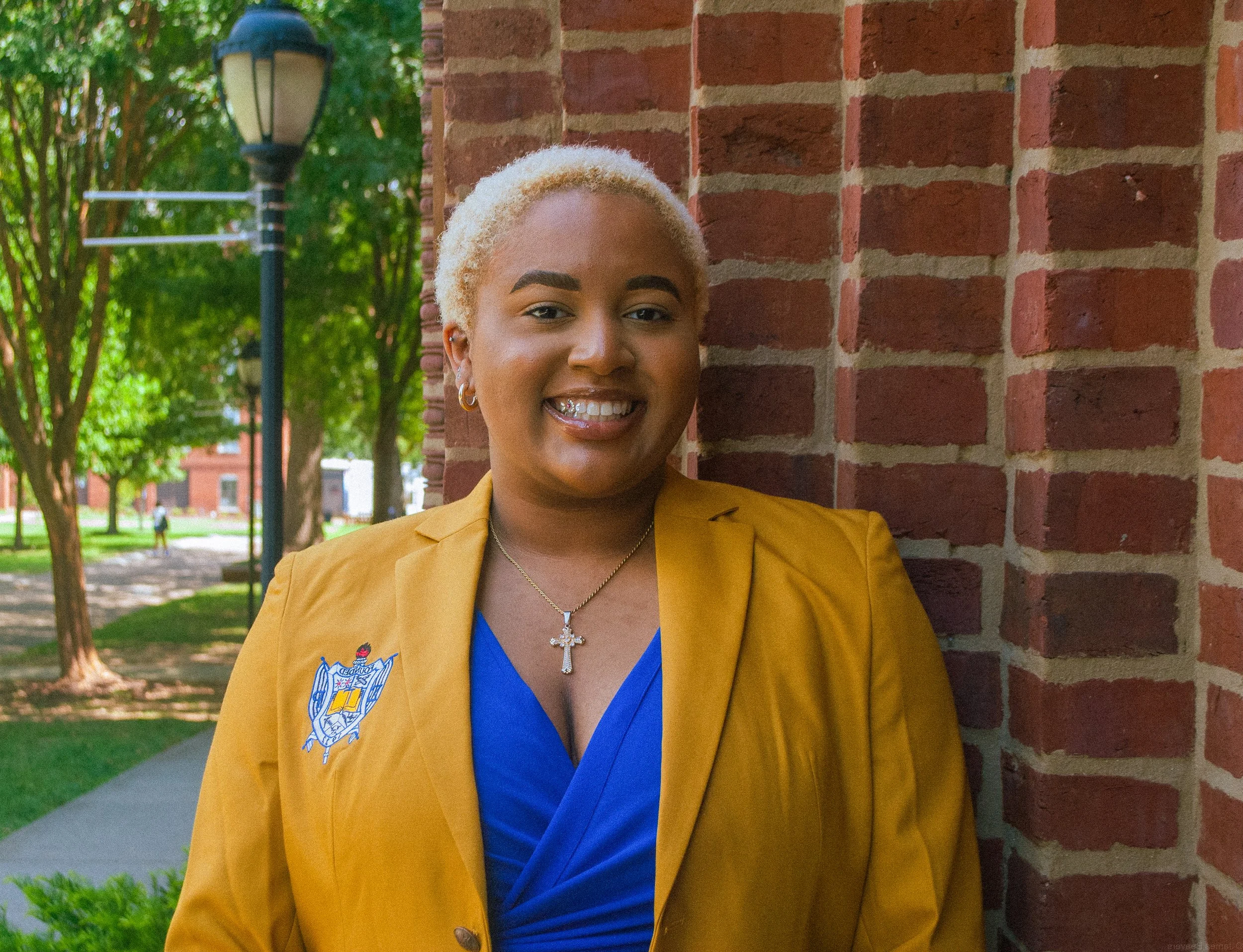Sydney Wilson
Comparative Women's Studies Major w/ a focus in Activism, Nomad
What draws you to this work? Why is studying Black girlhood important to you as a student at Spelman College?
Through expanding Black Girlhood Scholarship I gain a better understanding of self that growing up I was denied by my educators, literature and even community. I am drawn to expanding this overlooked and undervalued area of study because I believe in the importance of preserving third spaces. Spaces such as Black Feminist Bookstores are pivotal in not only centering literature about Black girlhood but providing Black girls the space and sanctity to be their authentic selves. Studying Black girlhood is important to me as a student at Spelman College because it was not until I began being in community and scholarship with the faculty and staff within The Women's Research and Resource Center and The Archives I began to experience the girlhood I never got to live.
abstract
Black Feminist Bookstores’ Impact in Knowledge Production and in Curating Spaces of Liberation, Wilson, S.
In the absence of meaningful representation of Black girlhood in media, Black feminist bookstores have emerged as sanctuaries of empowerment and self-discovery for Black girls, women, and femmes. This research examines the intangible benefits of Black feminist bookstores as essential third spaces—sites of refuge, intellectual engagement, and community-building. Additionally, this study will explore historical and contemporary legislative efforts aimed at stifling their mission.
Building on bell hooks’ theory of passionate politics as fundamental to consciousness-raising, as articulated in Feminism is for Everybody (2000), this research will be among the first to document the significance of Black feminist bookstores not only within the book industry but also in relation to the Black community, social movements, and the broader political landscape. As hooks asserts:
“Teaching feminist thought and theory to everyone means that we have to reach beyond the academic and even the written word. Masses of folks lack the skills to read most feminist books. Books on tape, songs, radio, and television are ways to share feminist knowledge…Feminist knowledge is for everybody.”
This study is critical within the context of The Justice for Black Girls Fellowship because Black girls must be made aware of spaces designed not only for their existence but for their nourishment, safety, and affirmation. Furthermore, this research aims to inform activist efforts against legislative threats such as Florida’s House Bill 1069 and Senate Bill 266, which seek to ban books by authors from marginalized communities.
The prevailing issue within the book industry, politics, and society at large is the misconception that mere access to historically exclusive spaces is sufficient. In reality, systemic power imbalances persist, as the book industry and political decision-making spaces remain dominated by white individuals who dictate access and representation. Black feminist bookstores, however, stand as the only third spaces created in direct response to these inequities. Their unparalleled role in affirming marginalized identities and fostering resistance remains understudied—a gap this research seeks to address.

